As the world’s automakers place larger bets on electric vehicle technology, many industry analysts are debating a key question: How quickly can plug-in cars become mainstream?

The conventional view holds that electric cars will remain a niche product for many years, plagued by high sticker prices and heavily dependent on government subsidies.
But a growing number of analysts now argue that this pessimism is becoming outdated. A new report from Bloomberg New Energy Finance, a research group, suggests that the price of plug-in cars is falling much faster than expected, spurred by cheaper batteries and aggressive policies promoting zero-emission vehicles in China and Europe.
Between 2025 and 2030, the group predicts, plug-in vehicles will become cost competitive with traditional petroleum-powered cars, even without subsidies and even before taking fuel savings into account. Once that happens, mass adoption should quickly follow.
“Our forecast doesn’t hinge on countries adopting stringent new fuel standards or climate policies,”
said Colin McKerracher, the head of advanced transport analysis at Bloomberg New Energy Finance.
“It’s an economic analysis, looking at what happens when the upfront cost of electric vehicles reaches parity. That’s when the real shift occurs.”
If that prediction pans out, it will have enormous consequences for the auto industry, oil markets and the world’s efforts to slow global warming.
Read more: The New York Times




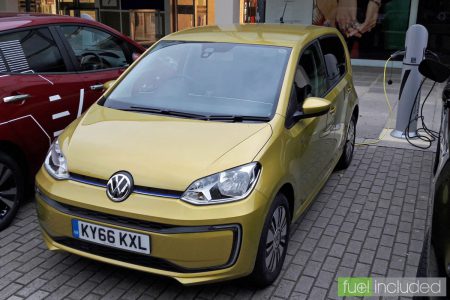


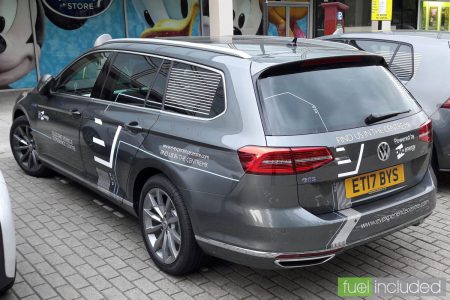
















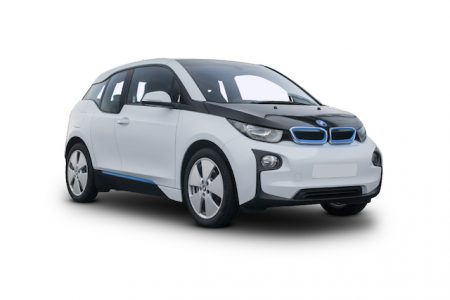

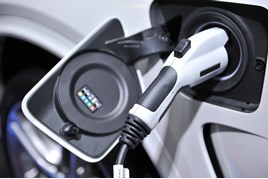

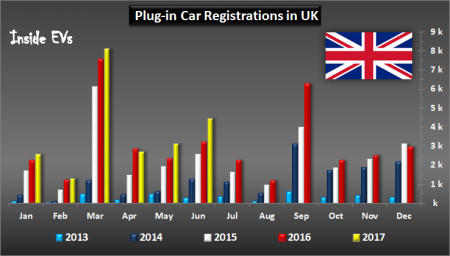
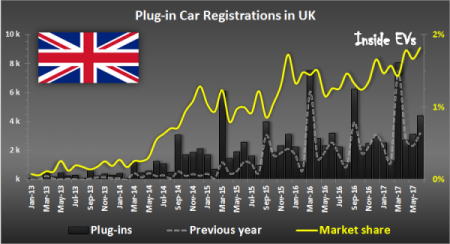
Yet this will instantly change the charging infrastructure for electric cars: there have already been pretty extraordinary advances in charge speed. You can fully charge an electric vehicle – one with a range of about 105 miles – in half an hour from a supercharger in a garage, which is the difference between being able to use an electric car in a normal way, and having to rebuild your life around it. However, there aren’t enough superchargers, in Europe or the US, and, maddeningly, a lot of the slower chargers – which take four to six hours – still call themselves “high speed” because that’s what they were when they were installed. Volvo will shunt progress forward worldwide on genuinely high-speed charging points, as well as battery production and research and development into battery storage.
Read more: The Guardian